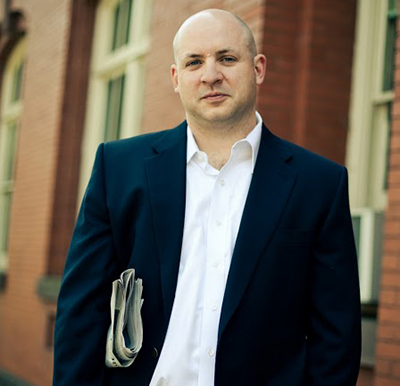The Making of a Diasporic Leader: Louis Adamic's Transnational Identities

The Making of a Diasporic Leader: Louis Adamic's Transnational Identities
Louis Adamic— a Slovene immigrant, labor journalist, best-selling author, and champion of pluralism during the 1930s—came to lead the Slovenian diaspora during World War II. Adamic raised money, collected food and clothing, and shaped public opinion in favor of Josip Broz Tito’s partisans in their struggles against Nazi occupation. The talk will explore the day-to-day operations of diasporic politics.
In The Quest for "Just and Pure Law": Rocky Mountain Workers and American Social Democracy, 1870-1924 (Stanford University Press, 2009,) Professor Enyeart argued that unionized workers in the American West had greater freedom in backing political candidates because political machines were not as entrenched as in the East. Professor Enyeart is the chair of the Department of History at Bucknell University.
This event is co-sponsored by the Center for the History of the New America
Lunch will be served. To RSVP contact millercenter@umd.edu

